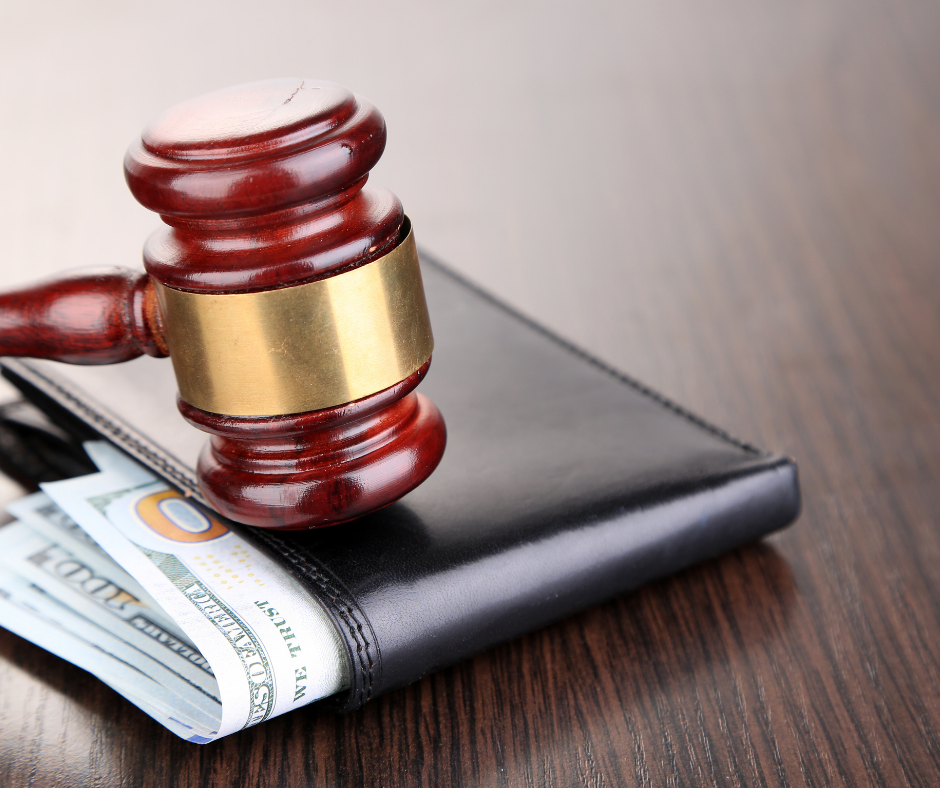
During my years as a Chapter 7 Bankruptcy Attorney in Bridgeton, Mo, I have received many calls from clients facing a garnishment. As such, I saw it necessary to help you understand what your options are in such circumstances. For one, a creditor can only garnish your wages after they have gone to court and had a judgment issued in their favor. A judge will only approve a garnishment once there’s relevant documentation that you owe money. However, you will get a grace period of 21 days before the creditor can receive the Writ of Garnishment. Simply, paying what you owe within this period will prevent the creditor from executing the garnishment.
What is a garnishment?
A garnishment is a legal procedure that allows a creditor to take part of your income or bank balances to settle debts owed to them. Garnishments can be periodic or non-periodic. A periodic garnishment means the creditor can take money from sources that disburse funds to you regularly. These can be paycheck or income from rental activities. When it is issued on your income, it is called wage garnishment. For this to happen, your employer will have to receive a wage garnishment order.
Your employer has no say in wage garnishment
Once a garnishment order is in effect, your employer will have to deduct said amount from your paycheck. They must withhold the money and disburse it directly to the creditor, which starts on the first pay period. It’s illegal for the employer to dismiss you or take any punitive measure against you based on a garnishment.
Limits on garnishment
There exist limits on how much a creditor can deduct from your earnings based on federal law. For one, all deductions are to be made on disposable income, i.e., money left after the settlement of legally mandated deductions. Legal deductions include taxes and social security payments. Other expenses like employment savings plans, insurance, and pension plans are not exempt. A creditor can only take up to 25% of your disposable earnings or a number of your disposable earnings that exceed 30X the current federal minimum wage. While there is no limit for how much the creditor can garnish from your account, social security payments are exempt from it. Well, provided everything is well-documented.
Things to do in case of a garnishment
If the creditor wins a garnishment suit against you, you have several options to avoid garnishment. These include:
Settling in full
If you settle your debts before the lapse of 21 days after the judgment, the creditor cannot execute the garnishment.
Negotiate with the creditor on a payment plan
If you are unable to take advantage of the grace period, you can use the time to contact the creditor and arrive at a suitable payment plan to recover the debts. Any agreements should be put in writing.
Challenge the garnishment
If you get a garnishment notice, you can challenge it with the help of a Chapter 7 Bankruptcy Attorney in Bridgeton, Mo. Challenging a garnishment can involve asking the court to allow an installments payment plan. However, this only applies to periodic garnishments, and the creditor can still get a garnishment on non-periodic garnishments. You can also challenge a garnishment if the creditor has already received paid or is deducting more than is permissible under a garnishment.
File for Bankruptcy
The alternative, is to file for a chapter 7 bankruptcy through our Chapter 7 Bankruptcy Attorney in Bridgeton, Mo. A Chapter 7 bankruptcy essentially prevents the creditors from executing a garnishment. That said, the deductions can only stop if you file for Chapter 7 in court and receive a case number. It is not enough to meet with Charles Huber the Chapter 7 Bankruptcy Attorney in Bridgeton, Mo, and have no meaningful action taken towards filing for bankruptcy. Once you file a case, you can recover any amount deducted previously.
Watch the video above for a brief overview of everything you need to know about a garnishment from our Chapter 7 bankruptcy Attorney in Bridgeton, Mo, himself.


